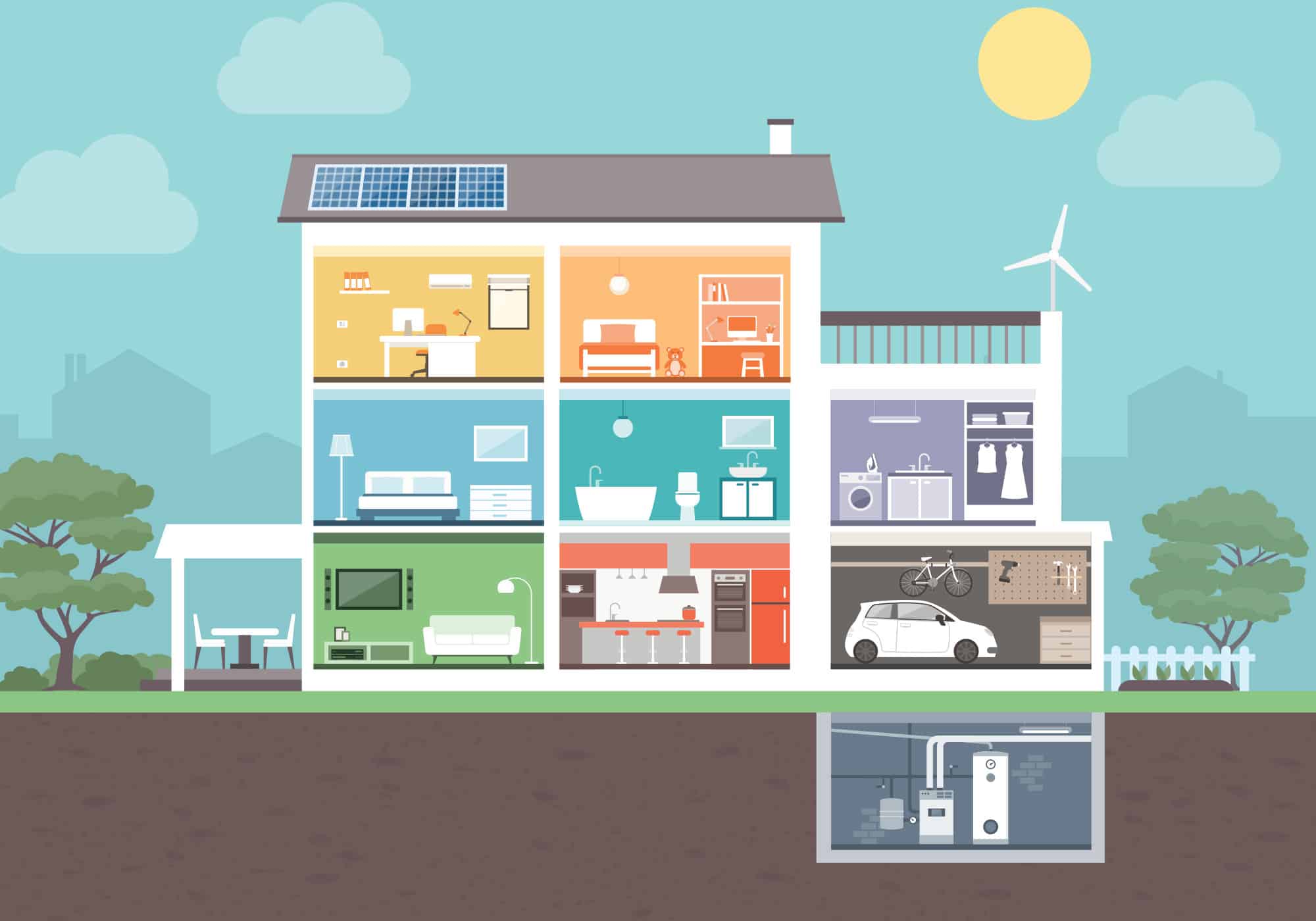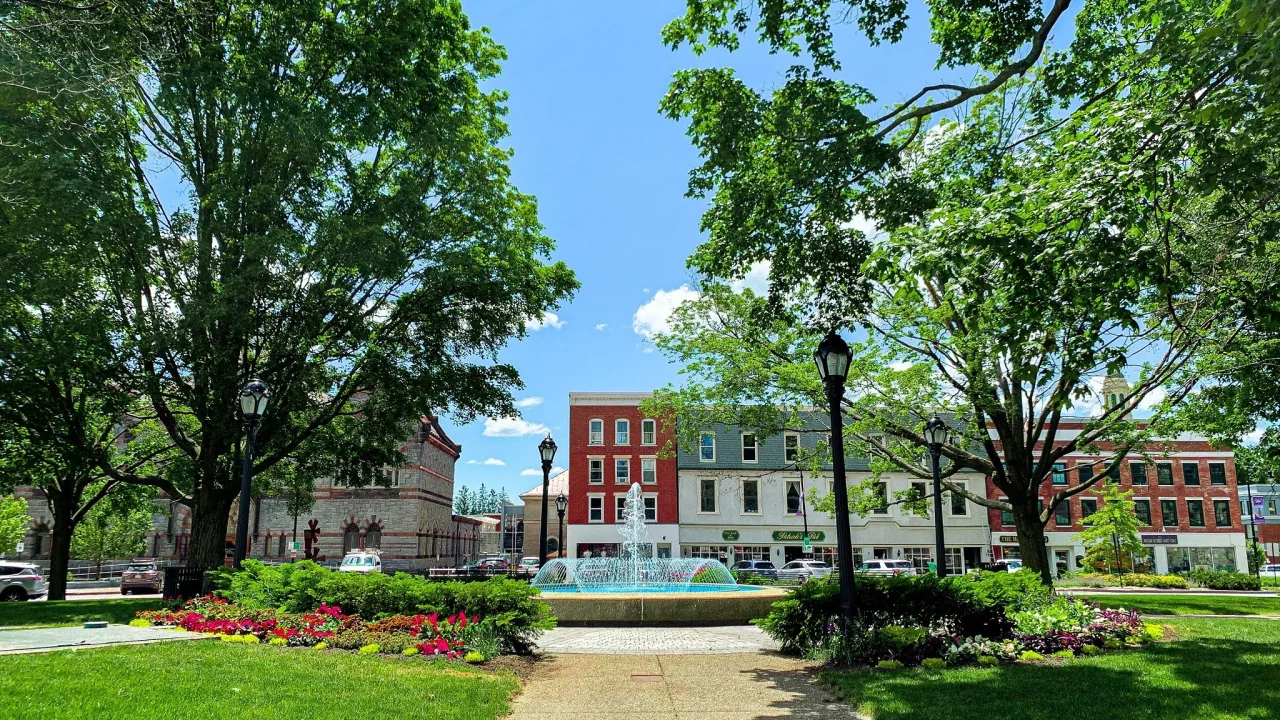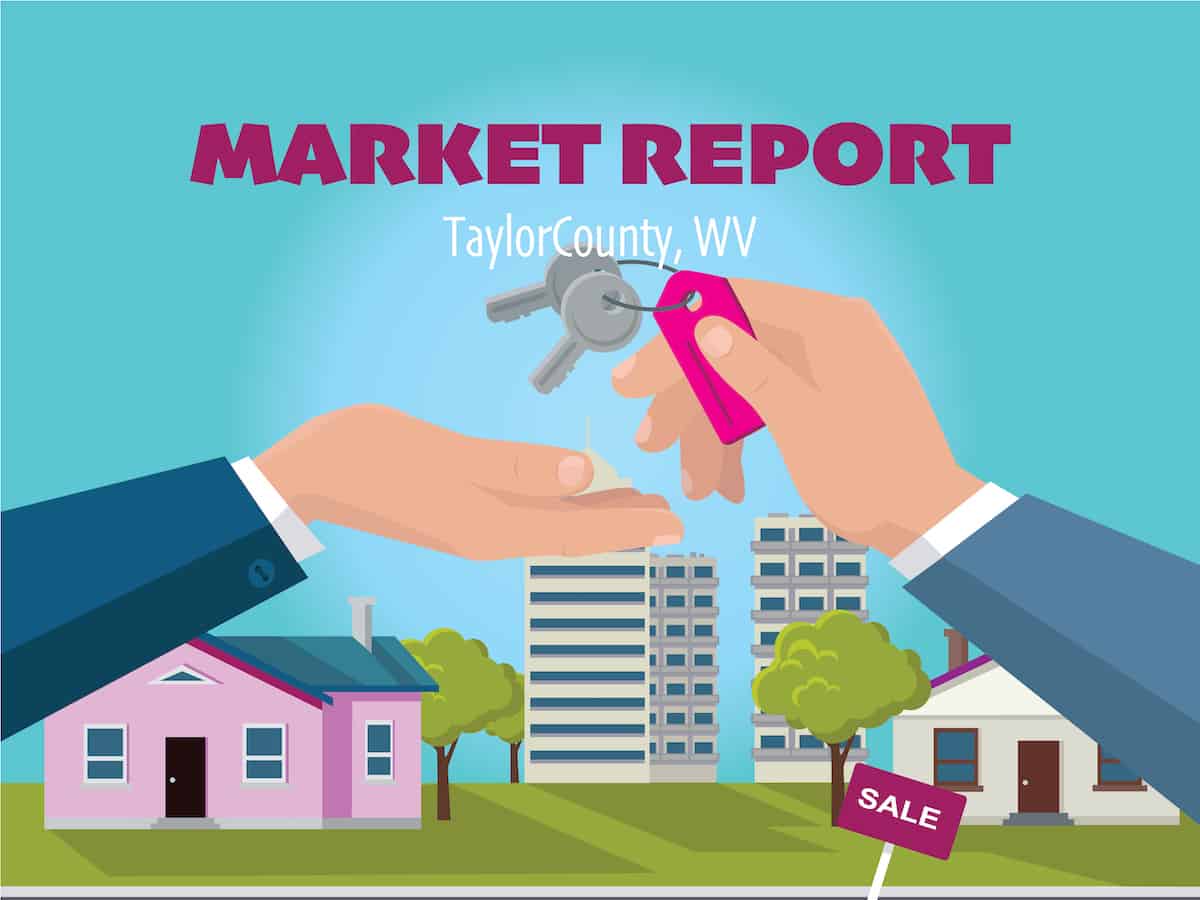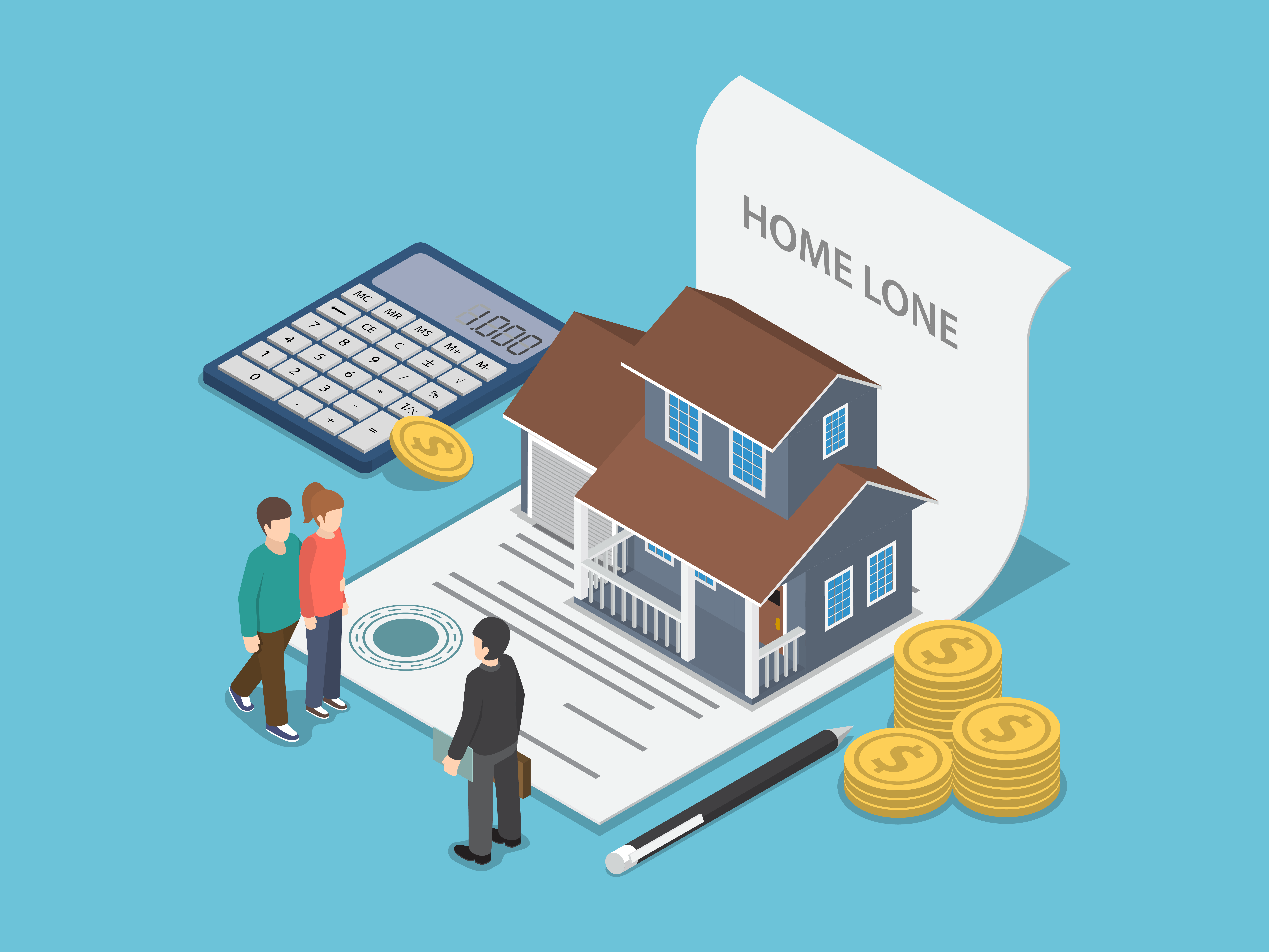During my tenure as president of the Morgantown Board of Realtors, I was invited to a meeting of the North Central West Virginia Home Builders Association (NCWVHBA). The guest speaker was Kelly Bragg with the West Virginia Office of Energy. I learned a lot about energy efficiency in home construction, and I’d like to share some interesting points with you.
For homeowners, energy efficiency is important to budgeting. Newly constructed homes meet certain guidelines to help with this, but what if you live in an older home like I do? My home was built in the late 1800s, so it certainly doesn’t meet today’s standards, even though, thank goodness, it’s been updated a time or two since then.
How do you know if your home is energy efficient?
A home’s thermal performance is key to efficiency. This refers to how well your walls, roof, and foundation are sealed keeping the inside air in and the outside air out.
Hiring a professional to perform a blower test will measure how much air is escaping and from where. Windows and doors are the biggest culprits, and having this test done is a great start to fixing any problems. It’s pretty simple: A large fan is temporarily affixed to one of your exterior doors. While running, the pressure is measured inside and out. Once you know the problem areas, you can talk with a contractor about the best ways to address them.
A higher-tech version uses infrared cameras that visually show where a home may need some attention. Photos from the outside will show where heat is escaping, while those from the inside will show where cold is creeping in. Blown insulation can provide the perfect fix at that point, assuring your heating and cooling systems aren’t being overly taxed and running too hard.
Energy efficiency for the win!
Testing for energy efficiency is great for getting a grasp on the bigger picture of how your home stacks up. It’s the perfect example of how a small upfront investment and the guidance of a professional can save you money in the long run. It’s also a great way to help trim back on use of our natural resources.
As we switch from heating to cooling, or back again, consider having someone come out and perform one or both of these tests. Your wallet—and the environment!—will be glad you did.










Leave A Comment
You must be logged in to post a comment.